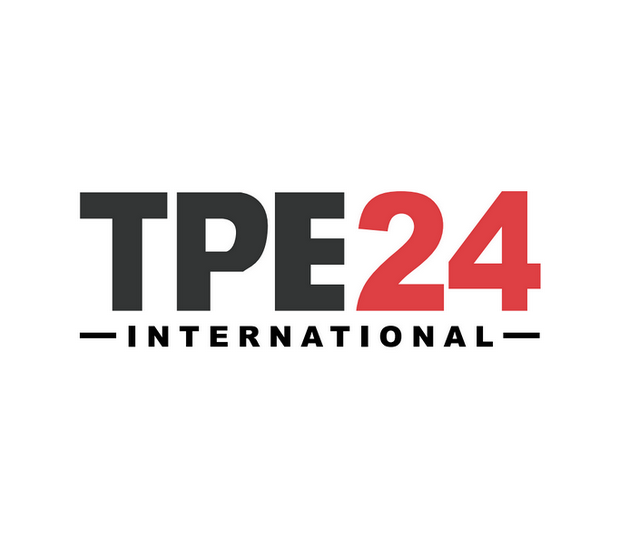Exploring Key Legal Issues for E-Cigarette Manufacturers

10 November 2023

Since the enactment of the "Electronic Cigarette Management Measures" and the introduction of the national standard for electronic cigarettes, the electronic cigarette trading management system has been officially launched.
Various policies related to e-cigarettes, including trademark identification, license applications, renewals, and replacements, have been successively introduced and improved. After the transitional period of over a year, the Tobacco Monopoly Bureau has further issued policy documents to regulate the electronic industry. However, post-transitional period, the industry has witnessed numerous cases of illegal operations, counterfeiting, trademark infringements, and other criminal activities. Due to the unique nature of the industry and various factors related to the practical implementation of electronic cigarettes and tobacco monopoly regulations, different regions have adopted varying approaches in handling these issues.
For e-cigarette manufacturers, the cornerstone of the industry, the prevailing impression has been one of diligence, technical expertise, and continuous improvement of manufacturing systems. In our research on the sector and the legal issues surrounding civil and criminal aspects of e-cigarettes, we have observed that the business transaction model and legal risk management of these companies tend to lean towards traditional credit transactions and transactions with acquaintances. The frequency of civil disputes within the industry is relatively low, with most issues being resolved through negotiation, particularly concerning payment disputes and other conflicts. However, this trading habit can become fatal when significant disputes arise, potentially causing severe setbacks to the business.
1. Transaction Model Issues
Most e-cigarettes are currently targeted for export, with ordering companies often coming from overseas enterprises. Due to fierce competition in the industry, ordering companies need to continuously adjust product demands (flavors, quantities, production cycles, etc.) based on market needs and various countries' policies. This implies that ordering companies transfer this pressure onto manufacturers.
In general, ordering companies and manufacturers often have stable cooperation relationships, employing predictive order models, order models, or a combination of both. In favorable credit transactions, the probability of legal disputes arising from small orders is low. However, for large orders or long-term accumulated orders, the issue of payment becomes a significant concern due to the cumulative debt over time, making it prone to defaults.
It's crucial to note that the definition of a predictive order as a formal order may be subject to dispute. This determination often requires a comprehensive judgment based on transaction history and relevant documents. If a mix of predictive and order models occurs, and legal disputes arise for high cumulative amounts, the difficulty of risk management will increase.
Therefore, it is recommended that manufacturers clearly define the nature of predictive orders when engaging in production, especially when dealing with overseas ordering companies. Without clear clarification, the cost risk of preparing materials for predictive orders will be substantial.
Efforts should be made to avoid the mix of predictive and order models. If it occurs, optimizing the trading model in the order agreement, specifying the nature of different order models, and negotiating different payment mechanisms based on the order's nature will help optimize the financial and production pressures.
2. Issues with Processing Contracts
1. Payment Percentage and Payment Period Issues
In general, the deposit, advance payment, and prepayment percentages should be maximized. Some manufacturers use the terms deposit and prepayment in their order contracts. Under such terminology, clear breach clauses should be stipulated in the processing contract, considering that manufacturers start material procurement and purchasing work with downstream suppliers after receiving orders. If the ordering company defaults, the losses incurred, such as the loss of produced materials and potential breach losses from auxiliary procurement contracts, should be considered and specified in the order contract.
Additionally, the issue of final payment should be paid within a certain period after a single order is accepted or on a monthly settlement basis. Timely settlement is beneficial for reducing the operational costs of legal affairs, business, and finance and maintaining a lower level of accounts receivable for stable and continuous operations.
2. Patent Issues
In processing contracts, ordering companies often require manufacturers to provide Freedom to Operate (FTO) reports to avoid the risk of product patent infringement. However, depending on the rate of FTO reports and the issuance period of high-level FTO reports, reports with a rate above 500,000 are often essential, and the time spent on a high-quality FTO report varies from one month to six months.
Therefore, when ordering companies request an FTO report from manufacturers, if the product belongs to the ordering company's patented product, or if the product is produced and manufactured according to the ordering company's requirements, it is recommended that manufacturers attribute the FTO work to the ordering company in the contract, reducing the operational costs. Additionally, the risk of patent infringement should be assigned to the ordering company.
If the ordered product belongs to the manufacturer's proprietary patent, consideration should be given to the destination country for the ordered product. Manufacturers need to assess whether it is necessary to conduct FTO work. It is also advisable to clearly define the dispute resolution mechanism in case of patent infringement in processing contracts, such as agreeing that patentees will handle litigation when patent infringement disputes arise.
3. Trademark Issues
The "Electronic Cigarette Management Measures" and related policies stipulate that manufacturing companies applying for licenses must possess trademarks. Therefore, brand information, license validity period, and other information are registered in the manufacturing license.
If the trademark registered in the manufacturing license is not clearly and specifically defined in the trademark licensing contract regarding the license period and licensing model, disputes may arise when the trademark owner terminates the trademark license. Whether the existence of the trademark registration system in the manufacturing license can be used as a basis for requesting the extension of the trademark license when the trademark owner terminates the trademark license may lead to controversy.
Moreover, if there is no agreement in the processing contract on how to dispose of the inventory generated during the trademark license period, disputes and controversies may arise when manufacturers dispose of inventory after the trademark owner terminates the trademark. Such actions could potentially be considered trademark infringement or counterfeiting.
Therefore, in trademark licensing agreements and processing contracts, clear agreements on such significant matters are essential.
4 .Product Delivery Issues
In the usual transaction model, ordering companies entrust manufacturers with production. Ordering companies instruct manufacturers to deliver products to designated logistics or trading companies. Initially, ordering companies often provide written or email instructions for delivery, but with increased transaction frequency, verbal agreements on delivery can occur.
To avoid legal risks in the transaction process, manufacturers are advised to use written commission production and written instructions for delivery for all orders.
In conclusion
The standardization and governance of manufacturing companies are continuous and long-term processes. As someone who has systematically optimized the transaction models and contract templates of large manufacturing companies, I understand deeply that contracts are not just simple agreements of rights and obligations; they are also a set of business rules and legal rules that integrate transaction models and dispute resolution mechanisms.

























